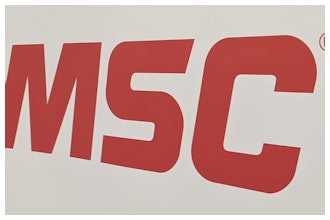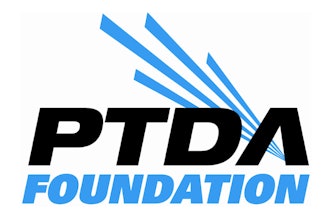
Concern. Caution. Wait-and-see.
These are the terms that dominate the discussion as businesses sit in COVID-19 limbo.
It’s hard to remember that it was just a few short months ago that distributors considered one of their greatest challenges to be talent acquisition and retention. We heard from scores of industry stakeholders on their efforts to retain their top talent and get high-performing newcomers in the door. Progressive distributors were doing everything from modifying schedules and environments to appeal to a younger generation, to offering fresh and enticing pay and benefits packages.
In Industrial Distribution's July/August print and digital issue, we reveal the results of our annual Salary Report and — as with everything in the COVID-19 business environment — the consensus is messy.
While more than two-thirds of distribution company employees who took our survey believe themselves to be fairly compensated, many fear the pandemic’s impending impact on their pocketbooks: 41 percent say they have concerns they may see a reduction in pay or benefits over the next year, and an additional 22 percent say they’re unsure.
 iStock
iStock
As many businesses learned in the Great Recession, talent retention is just as important in times of belt-tightening — though it’s certainly more challenging. Challenging, but not impossible. While it’s tempting to keep our heads down and “wait it out,” it’s important to establish a strategy that addresses your employees top concerns — even if you can’t exactly offer them monetary rewards, or an answer as to what’s ahead.
Smart companies will spend this time of uncertainty to lean on their culture in order to support their existing workforce. And if company culture has never been a priority for your business, it’s never too late to start. Because addressing an employee’s desire to work on meaningful tasks or those that align with their personal values actually doesn’t need to cost your business any money. It could be as simple as a regular touch-point with workers where they identify areas in need. Trust me, they have ideas. Then allow them the autonomy to spearhead the projects that matter to them.
 Anna Wells, ID Executive Editor
Anna Wells, ID Executive Editor
Check out the full results of our Salary Report survey in its print feature here, or see the website article here.






















